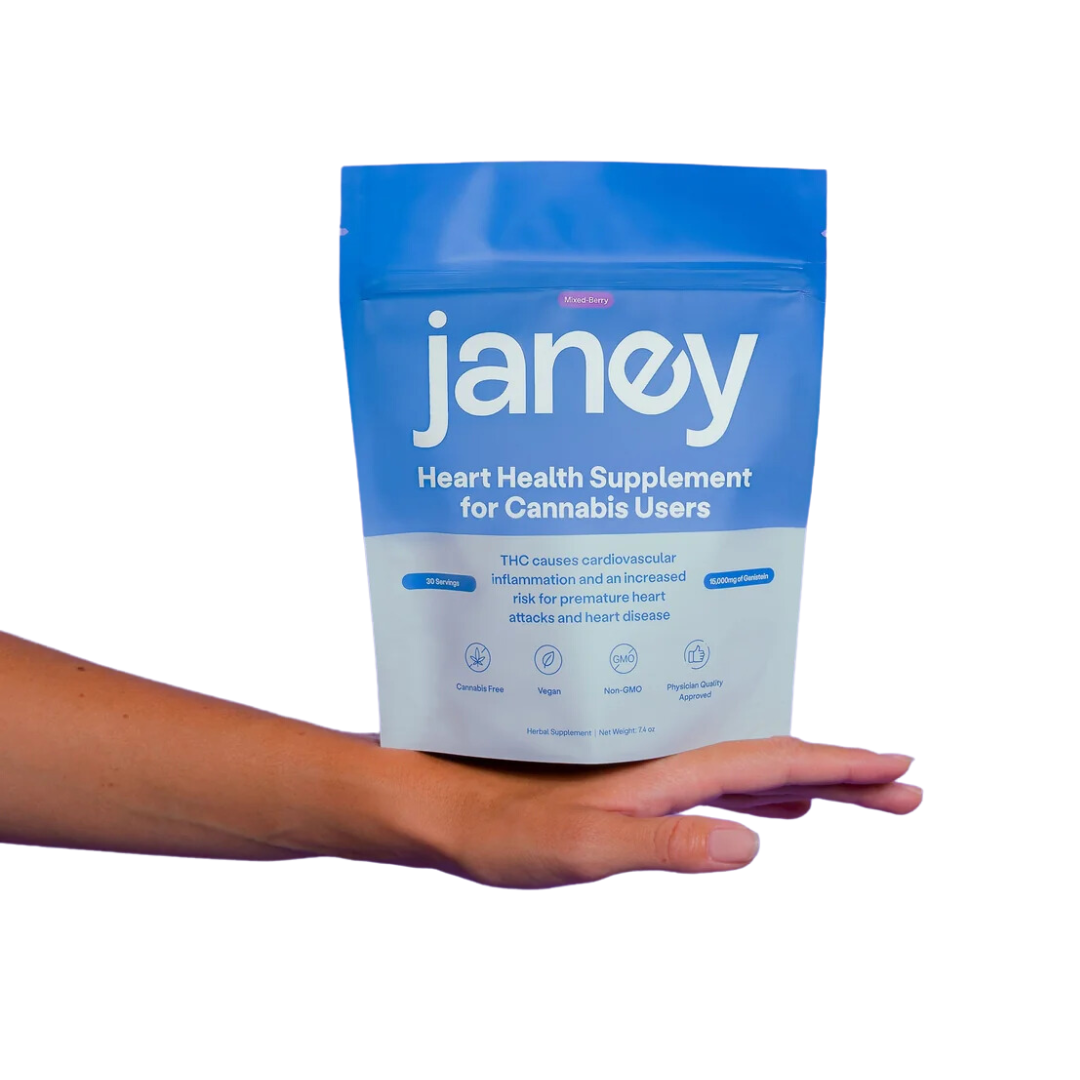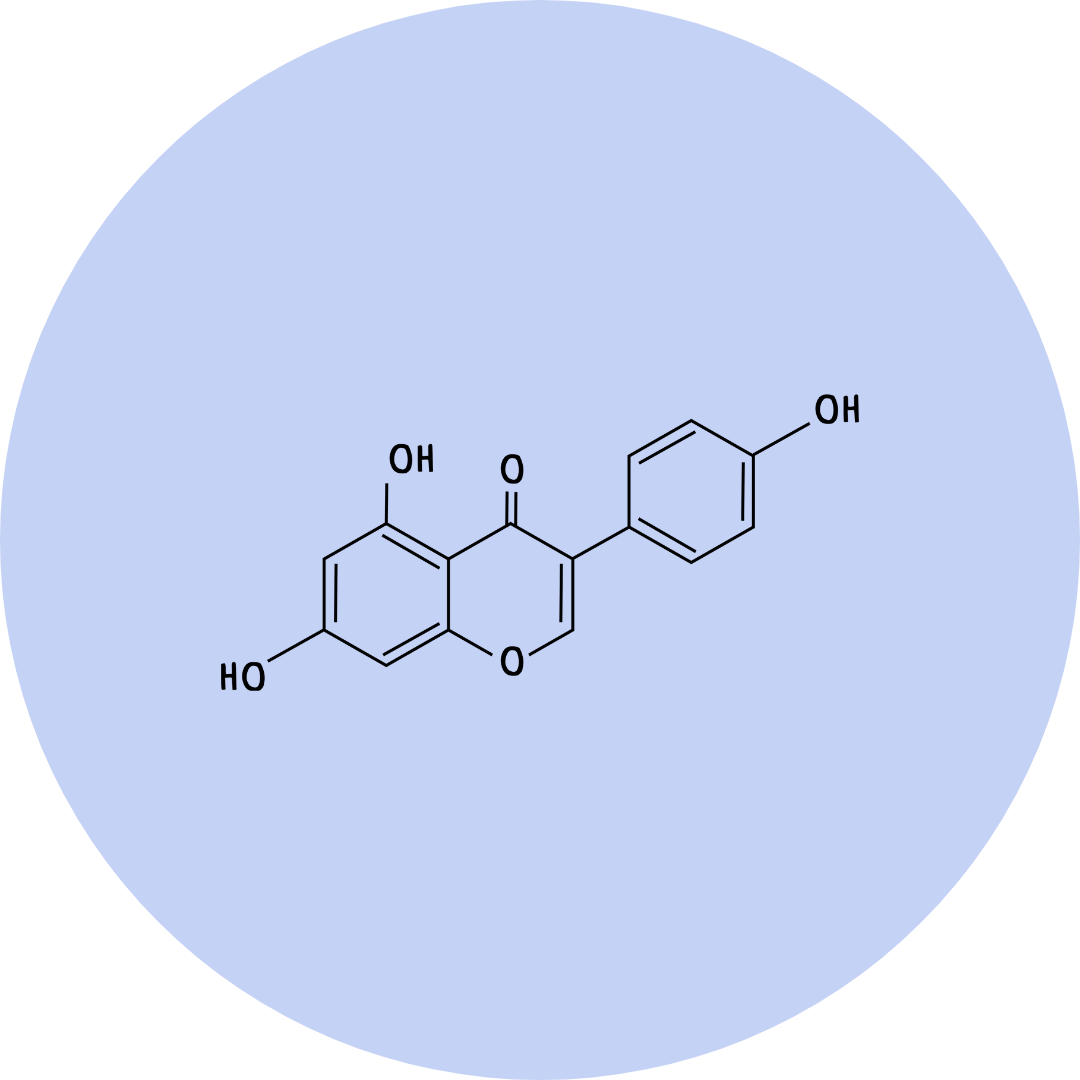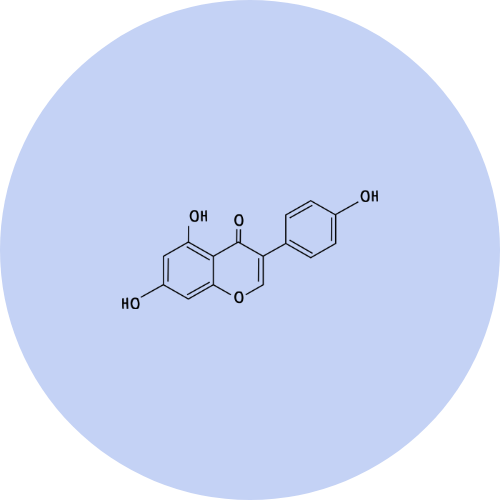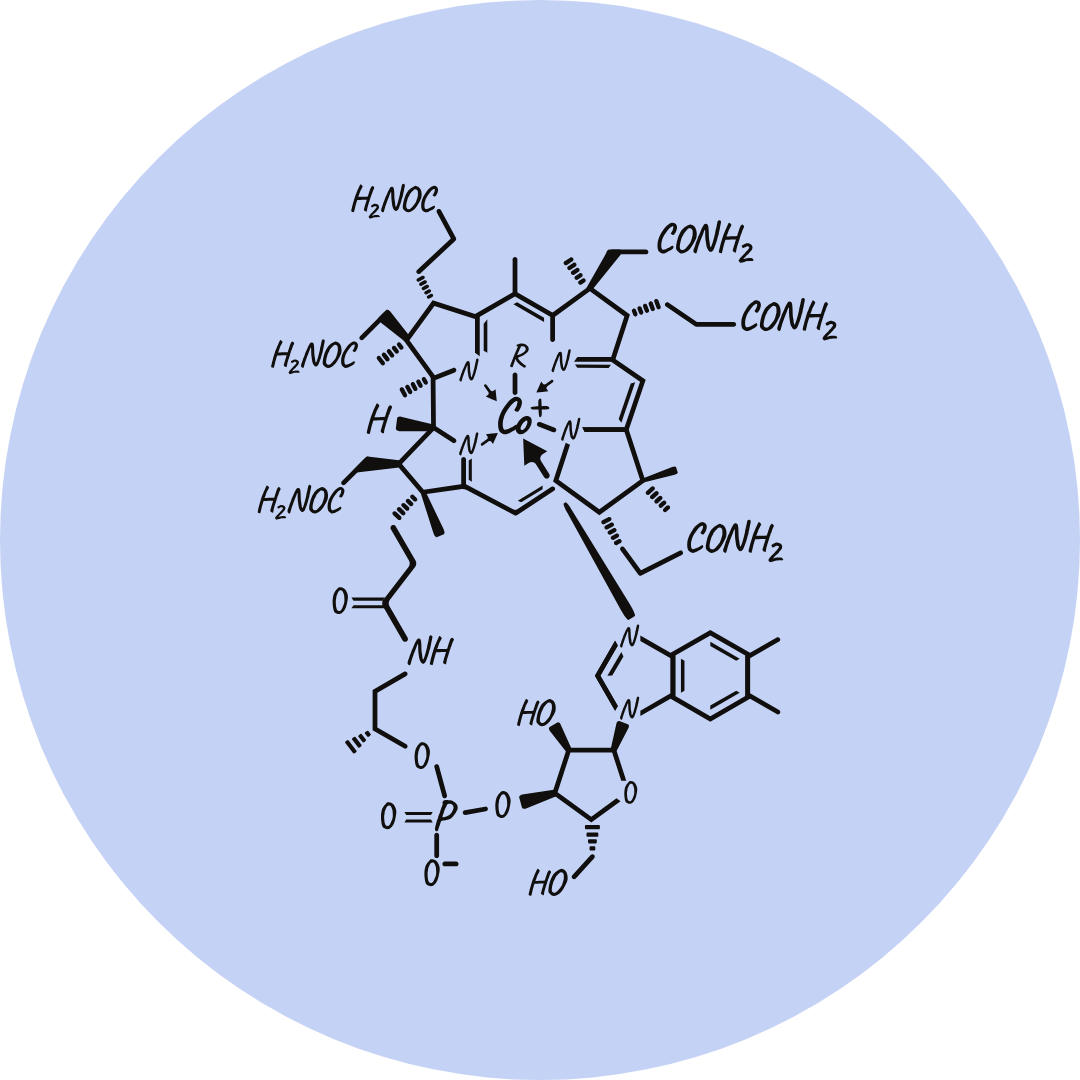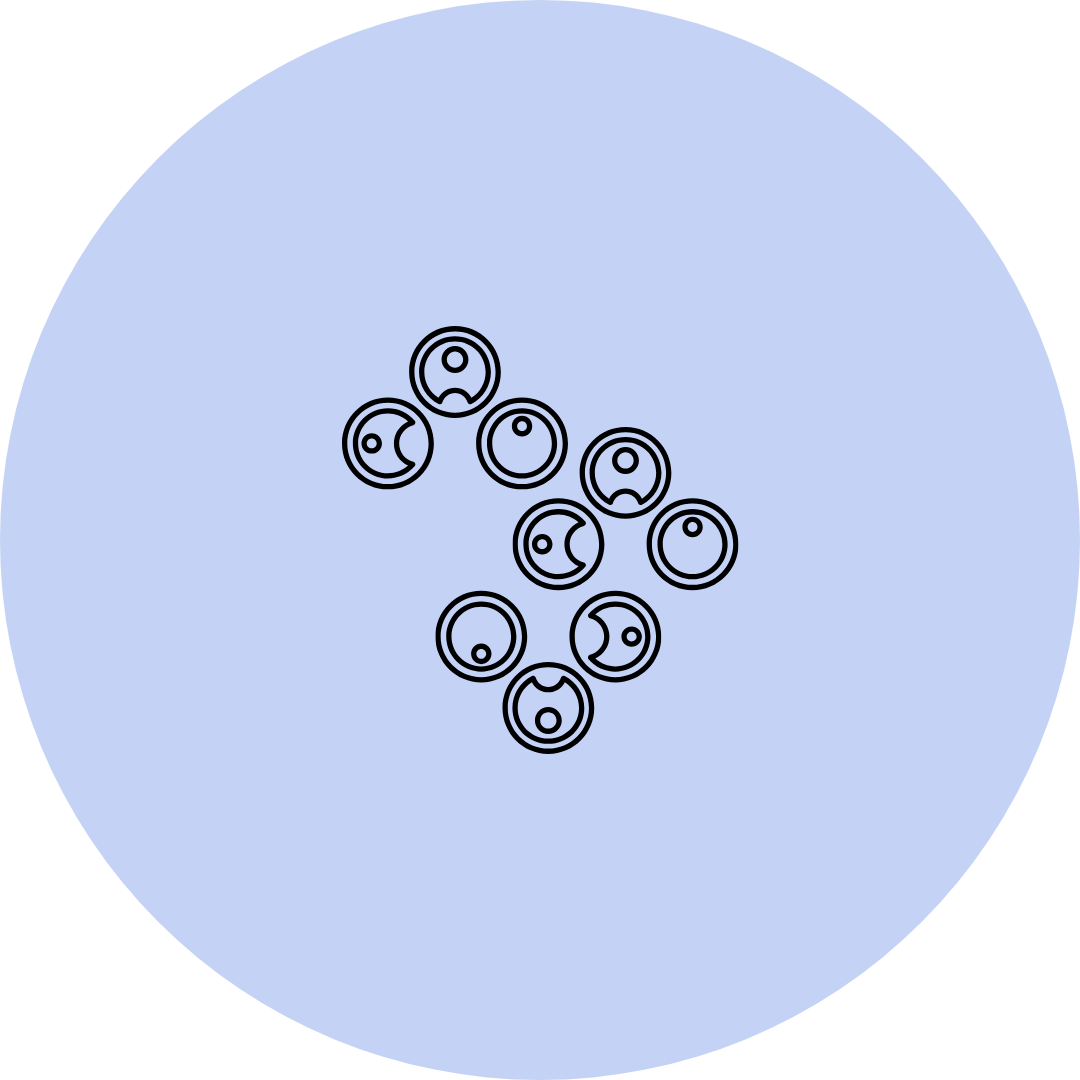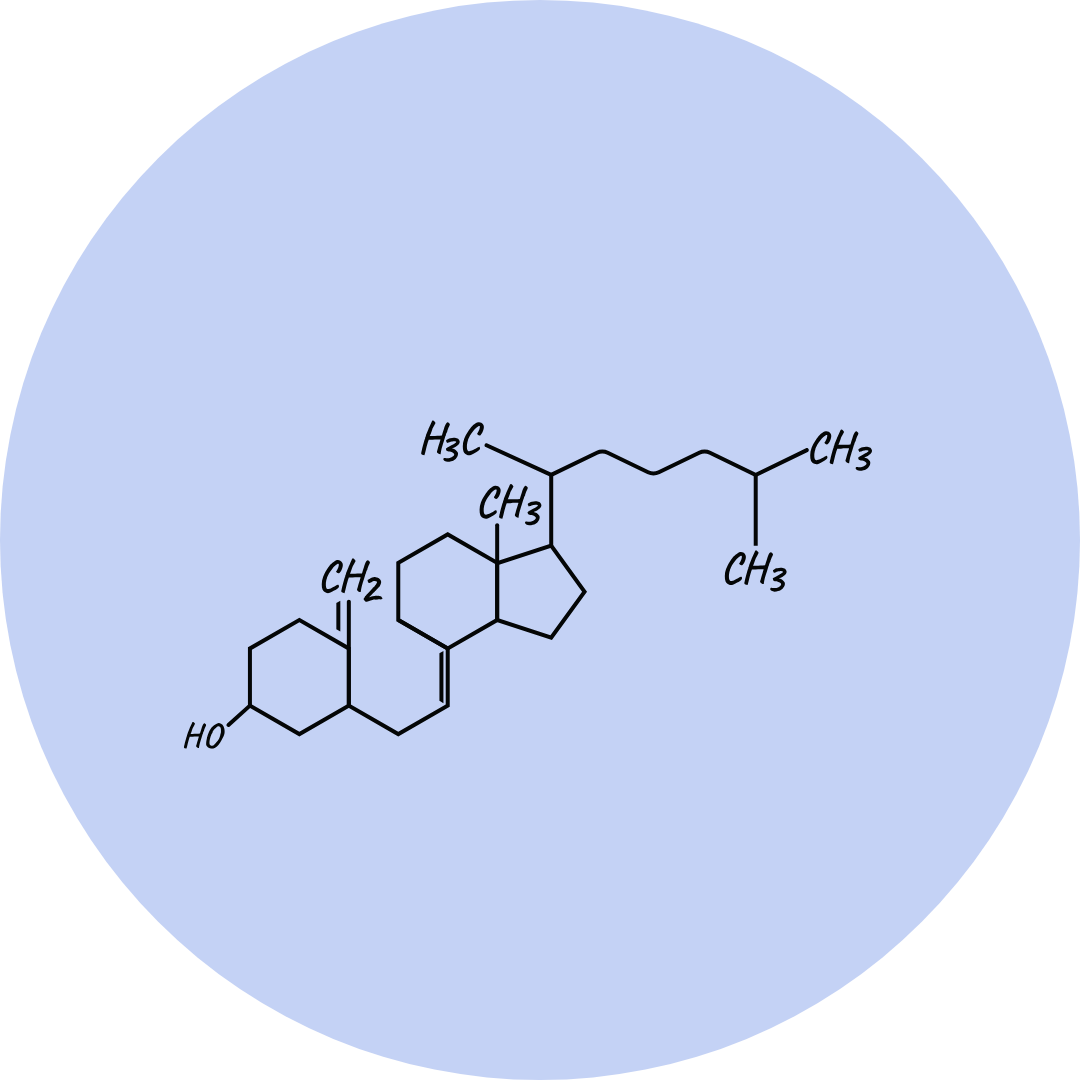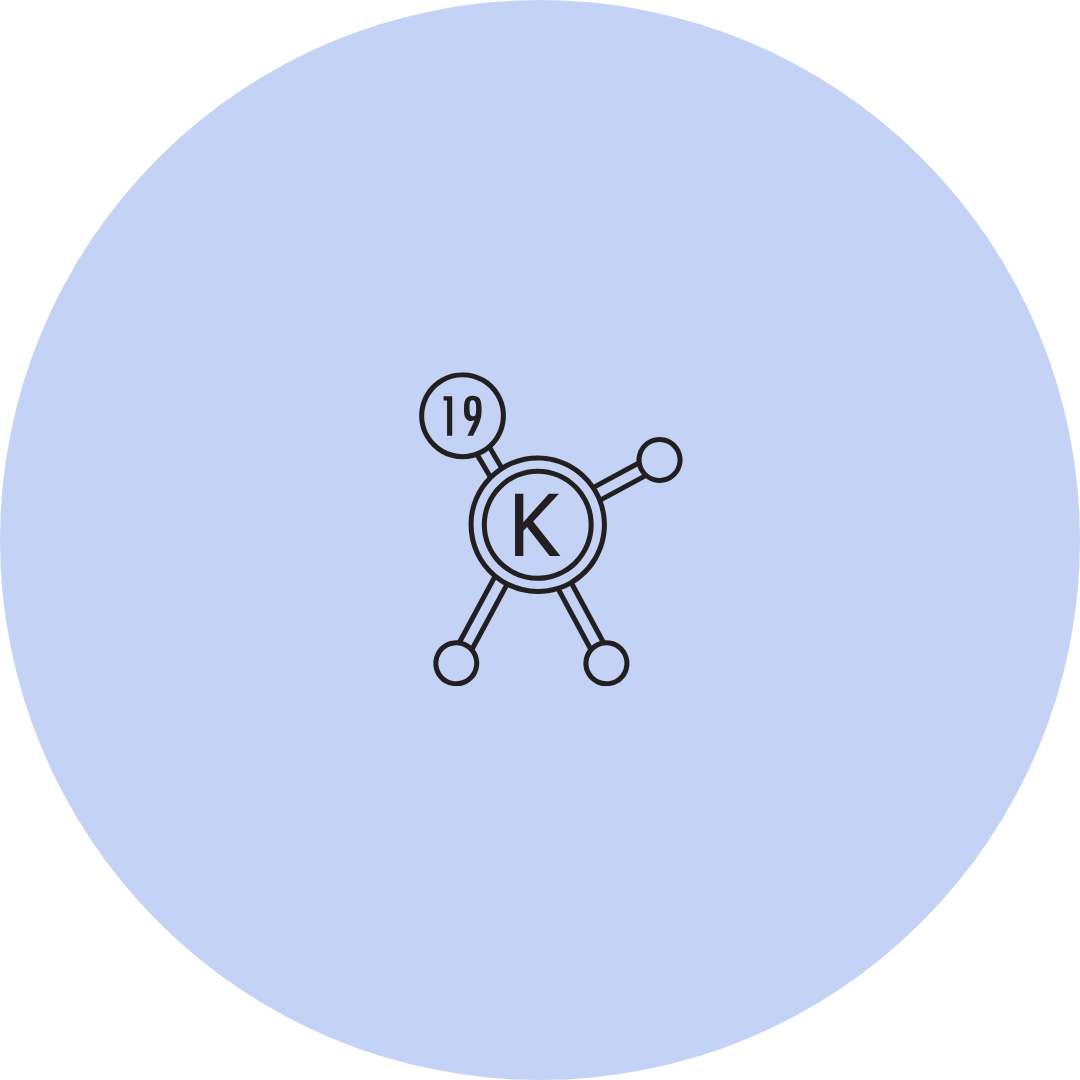Backed by science, designed for wellness
Our formulation is rooted in the latest research, carefully crafted to support heart health and enhance your wellness journey.
Studies conducted at Stanford University School of Medicine and other world-class universities have uncovered a groundbreaking truth about THC and heart health.
According to an article published in Cell Medical Journal, "Marijuana use is on the rise and is associated with cardiovascular disease. Δ9-tetrahydrocannabinol (Δ9-THC), the psychedelic compound found in marijuana, causes cardiovascular inflammation, oxidative stress, and atherosclerosis via the cannabinoid receptor 1. Genistein, a soybean isoflavone, blocks the harmful cardiovascular effects of Δ9-THC while preserving clinically useful effects such as sedation and analgesia."
Cell 185, 1676–1693, May 12, 2022 Elsevier Inc.
Studies conducted at Stanford University School of Medicine and other world-class universities have uncovered a groundbreaking truth about THC and heart health.
According to an article published in Cell Medical Journal, "Marijuana use is on the rise and is associated with cardiovascular disease. Δ9-tetrahydrocannabinol (Δ9-THC), the psychedelic compound found in marijuana, causes cardiovascular inflammation, oxidative stress, and atherosclerosis via the cannabinoid receptor 1. Genistein, a soybean isoflavone, blocks the harmful cardiovascular effects of Δ9-THC while preserving clinically useful effects such as sedation and analgesia."
Cell 185, 1676–1693, May 12, 2022 Elsevier Inc.
At Janey, we blend research with nature’s wisdom to empower heart health in every cannabis experience.
Epidemiological studies reveal that marijuana increases the risk of cardiovascular disease (CVD); however, little is known about the mechanism. Δ9-tetrahydrocannabinol (Δ9-THC), the psychoactive component of marijuana, binds. . .
In a recent study published in Cell, Wei and colleagues describe the role of cannabis in mediating inflammation and oxidative stress induced endothelial dysfunction and thereby contributing to the pathogenesis of atherosclerosis. . .
Genistein, our primary active ingredient, is a natural isoflavone found in legumes that has been part of the human diet for thousands of years. It's celebrated for its health benefits, including for its uses in oncology, promoting cell function, boosting bone health, and recently for its link to cardiovascular health.
Janey offers a dose of Genistein that you can’t get through diet alone. Each serving of Janey contains 500mg of high-quality, naturally derived Genistein, precisely dosed by a PhD researcher based upon the studies conducted at Stanford University School of Medicine.
Genistein, our primary active ingredient, is a natural isoflavone found in legumes that has been part of the human diet for thousands of years. It's celebrated for its health benefits, including for its uses in oncology, promoting cell function, boosting bone health, and recently for its link to cardiovascular health.
Janey offers a dose of Genistein that you can’t get through diet alone. Each serving of Janey contains 500mg of high-quality, naturally derived Genistein, precisely dosed by a PhD researcher based upon the studies conducted at Stanford University School of Medicine.
Traditionally used for regulating healthy nerve and blood cell function. An essential vitamin for the healthy function of nerve and blood cells, vitamin B12 is helpful in regulating both heart and brain health.
Traditionally used for detoxification and immune support. A nutrient-rich algae, chlorella is packed with essential vitamins and minerals that help detoxify the body and boost the immune system, while also being rich in omega-3 fatty acids that boost cardiovascular health.
Traditionally used for supporting healthy bones, nerves, immune system, and boosting brain health.Vitamin D3 is another essential vitamin that many people lack. D3 is vital to the proper function of many areas of the body.
Traditionally used for supporting cardiovascular and muscle function.An essential mineral for maintaining healthy blood pressure and electrolyte balance, potassium plays a critical role in regulating heart function and supporting overall cardiovascular health.
